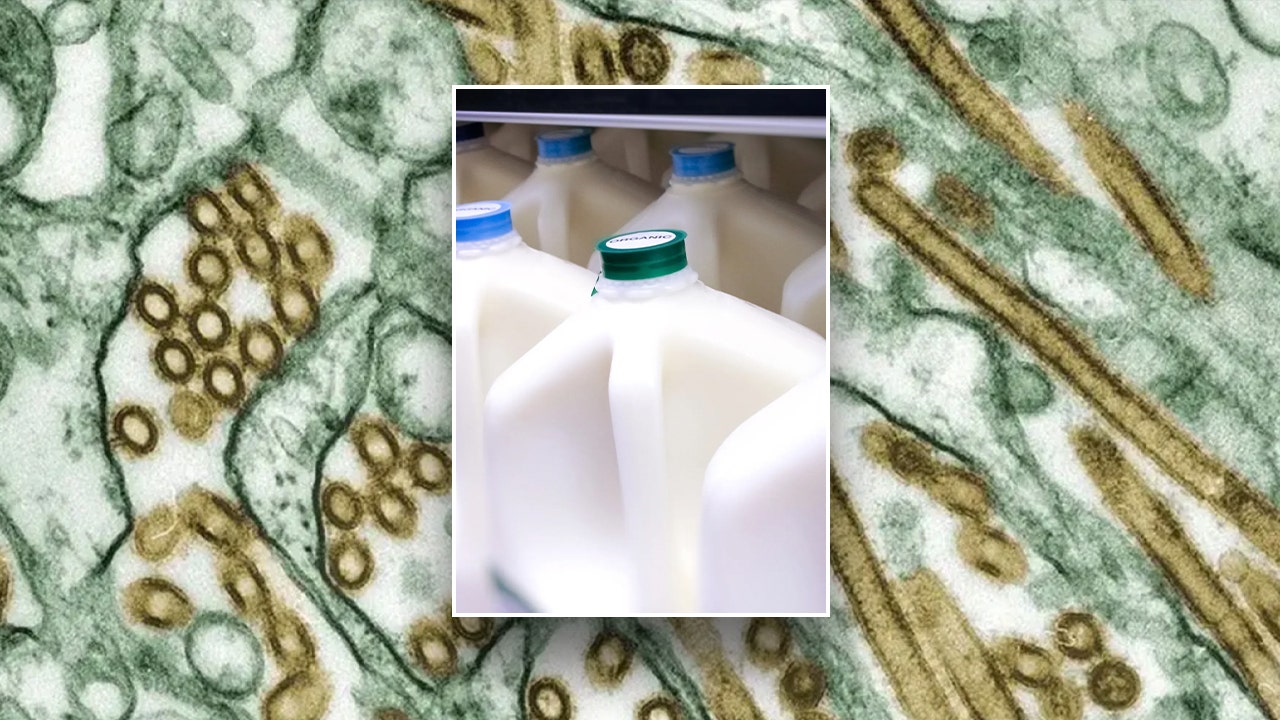Bird flu found in milk produced by Arizona dairy cattle

The Arizona Department of Agriculture (AZDA) has confirmed the detection of the first bird flu genotype D1.1 in milk from a dairy herd in Maricopa County. This discovery has prompted the dairy farm to be placed under quarantine as a precautionary measure, as stated by the AZDA. Despite the cattle showing no symptoms, testing has confirmed the presence of the virus in the herd.
According to officials, every dairy in Arizona has been tested at least once since January, with only this particular dairy showing a positive result. They have reassured the public that milk and other dairy products that have been pasteurized are safe for consumption.
The USDA Animal and Plant Health Inspection Service (APHIS) initially identified the virus, genotype D1.1, in Nevada dairy cattle on January 31. This genotype differs from previous detections in dairy cattle, which were of genotype B3.13.
Genotype D1.1 is the predominant strain in the North American flyways during the fall and winter seasons. It has been observed in wild birds, mammals, and has crossed over into domestic poultry, according to APHIS.
The AZDA has stated that the genotype of the virus does not possess any features that would make it more likely to infect humans. However, reports have indicated that the new bird flu strain, D1.1, has been found in a small number of individuals who were exposed to infected poultry.
Despite these developments, the Centers for Disease Control and Prevention (CDC) has assured the public that the risk of bird flu to humans remains low. They continue to monitor the situation closely to prevent any potential spread of the virus.
In conclusion, the detection of bird flu genotype D1.1 in dairy cattle in Arizona has raised concerns, but appropriate measures are being taken to contain the spread of the virus. Public health officials are working diligently to ensure the safety of both animals and humans in the affected areas.
(Original Article Source: FOX News)




